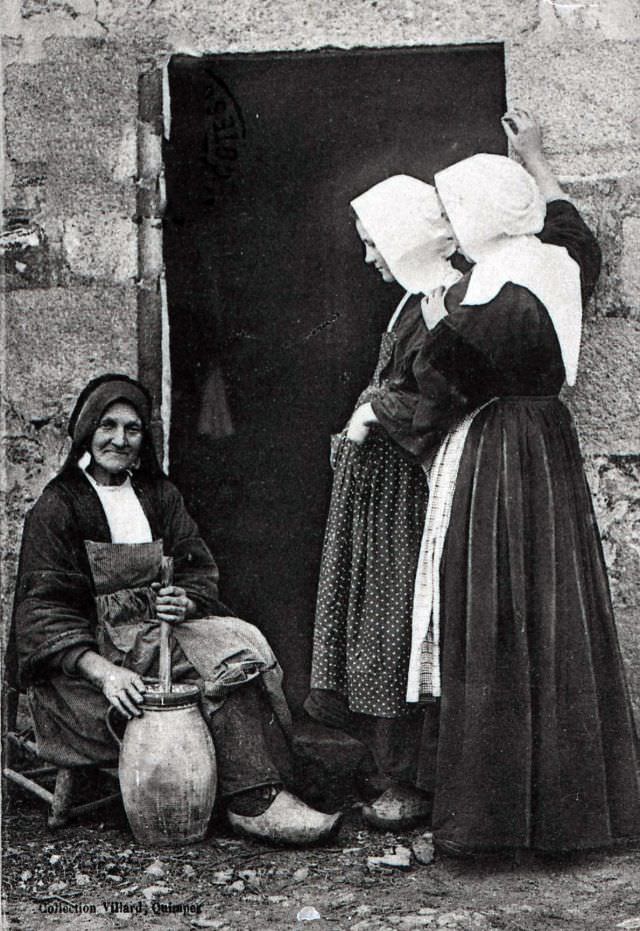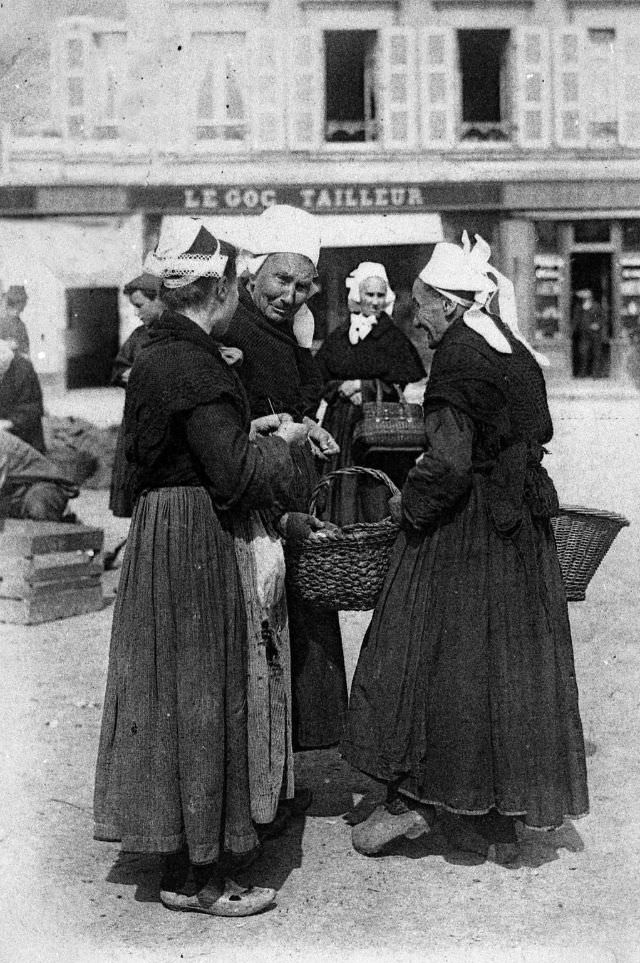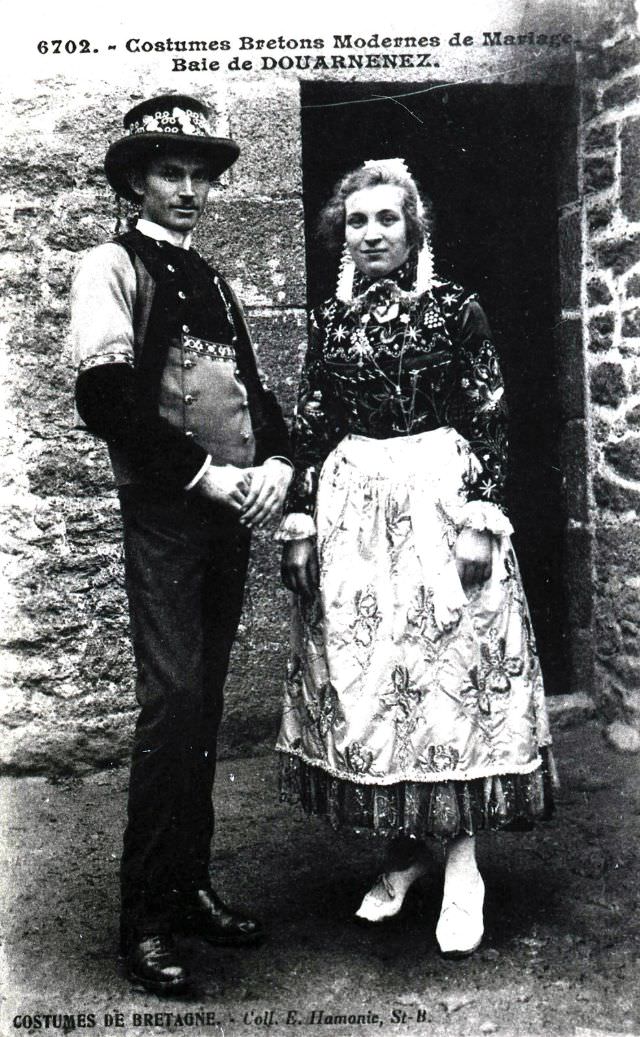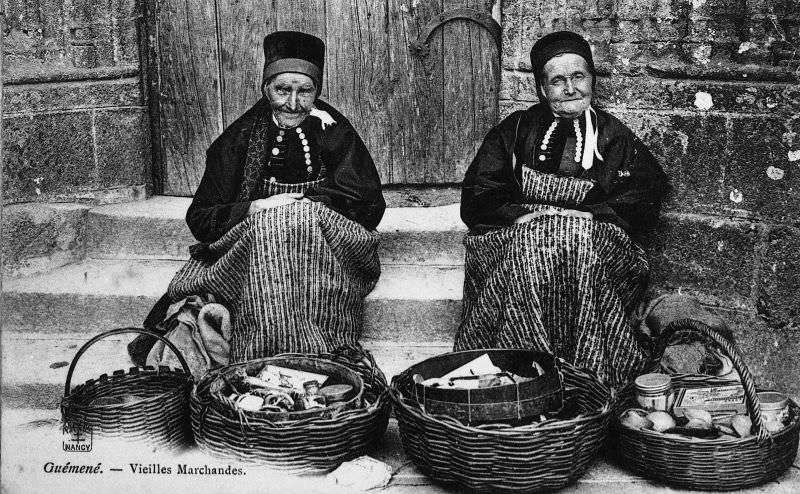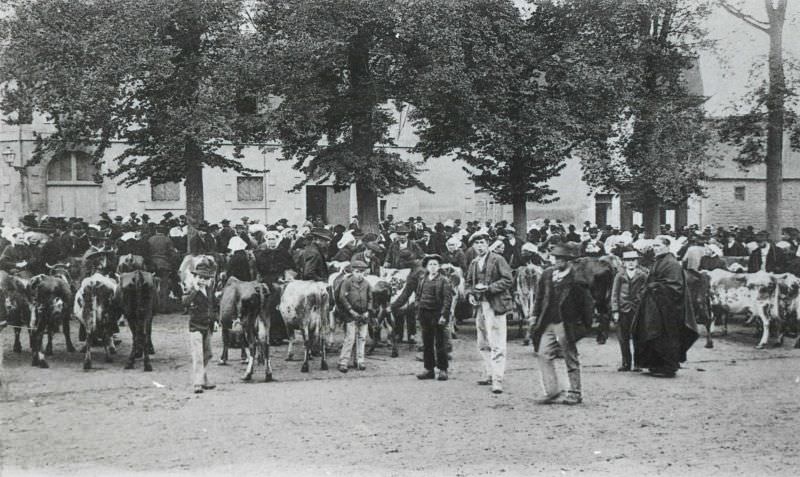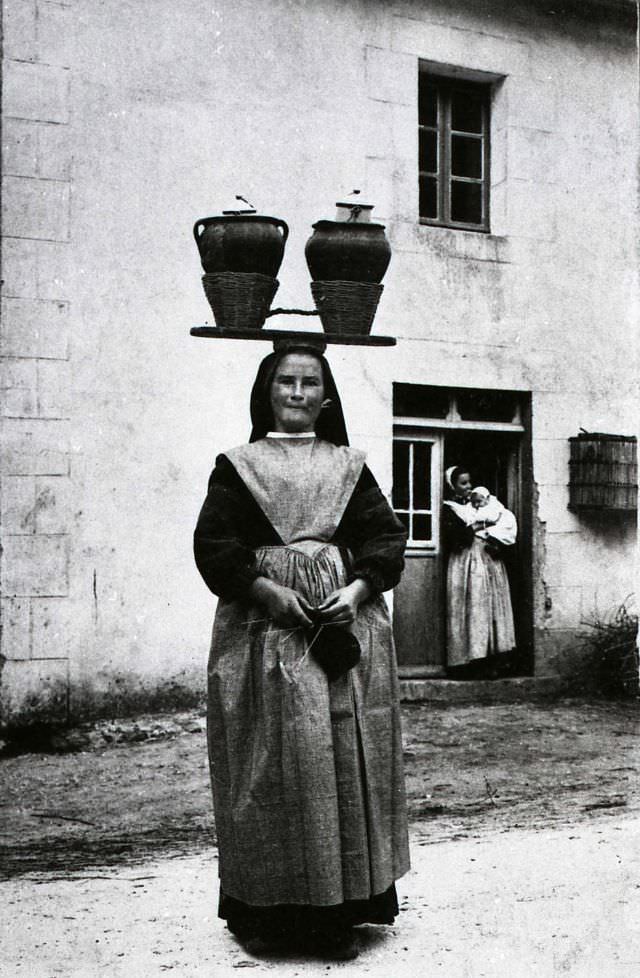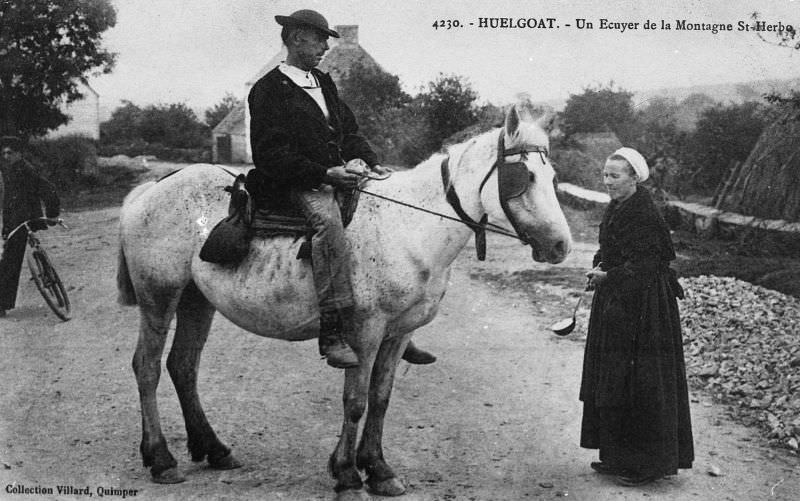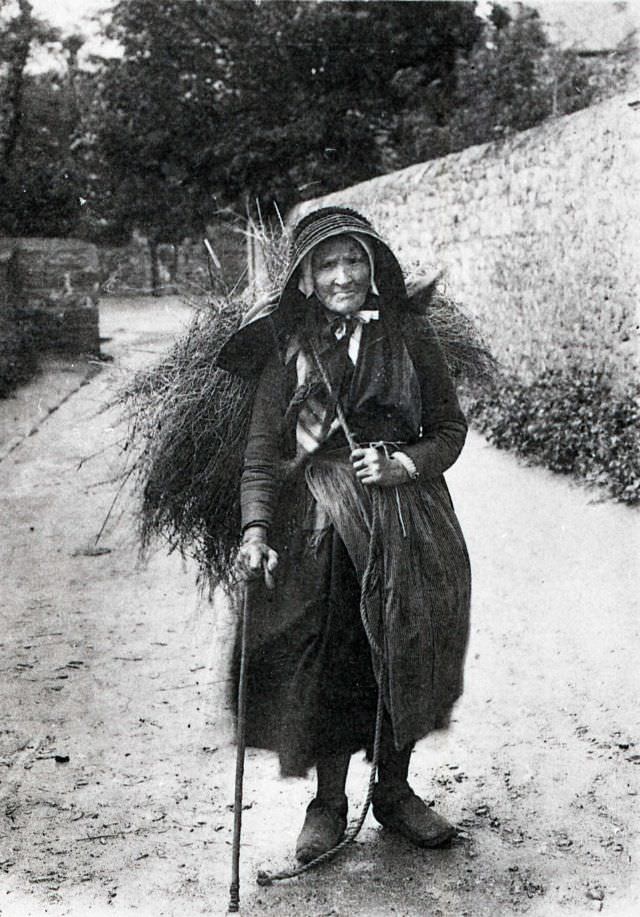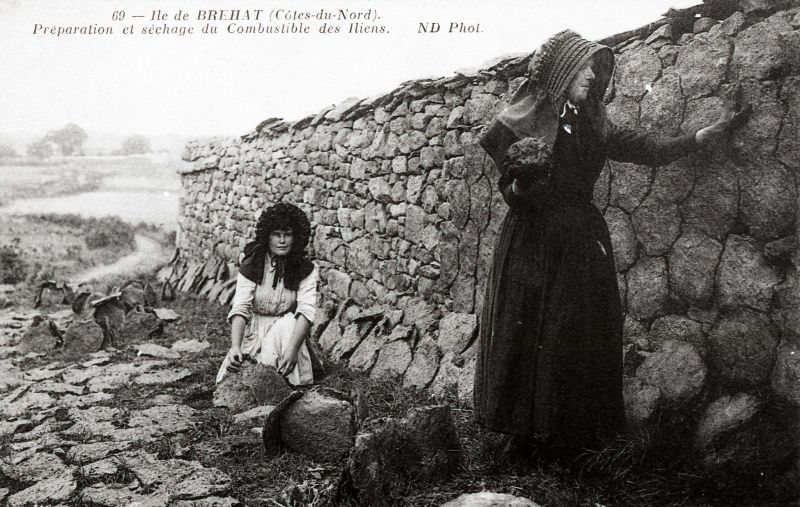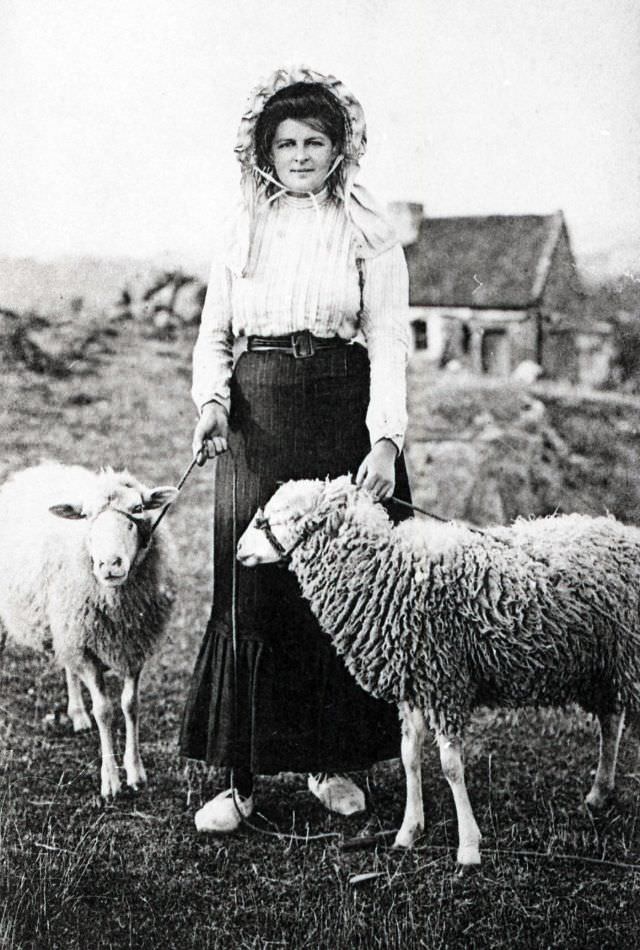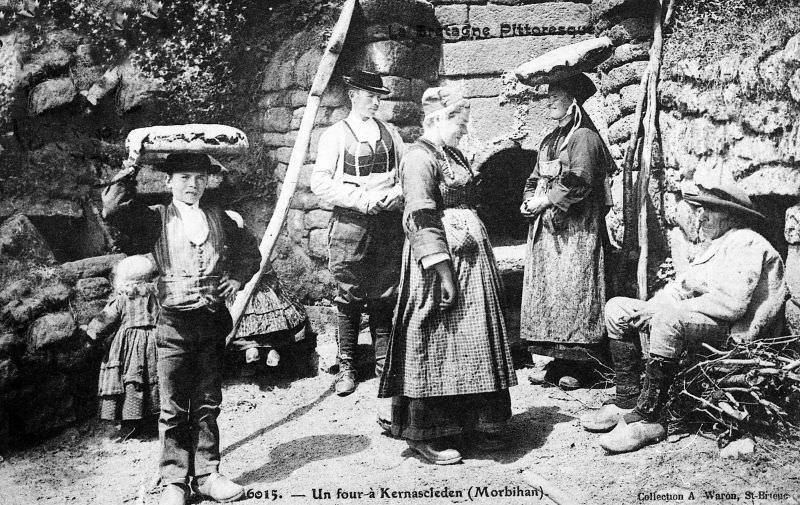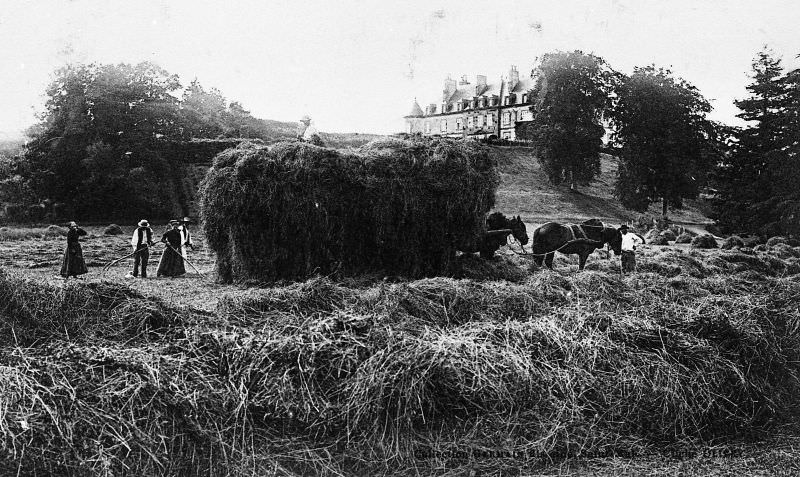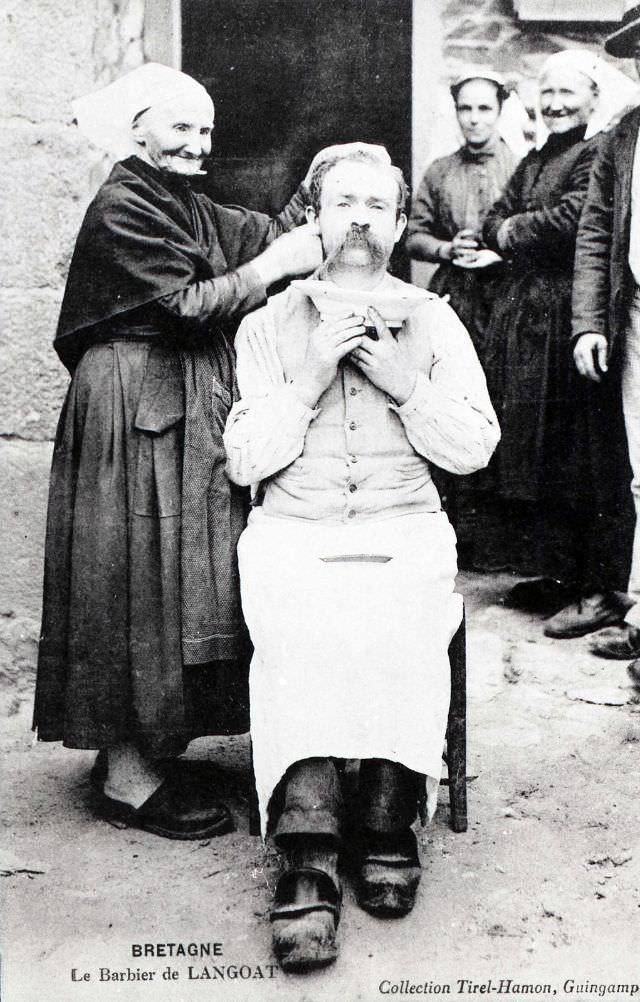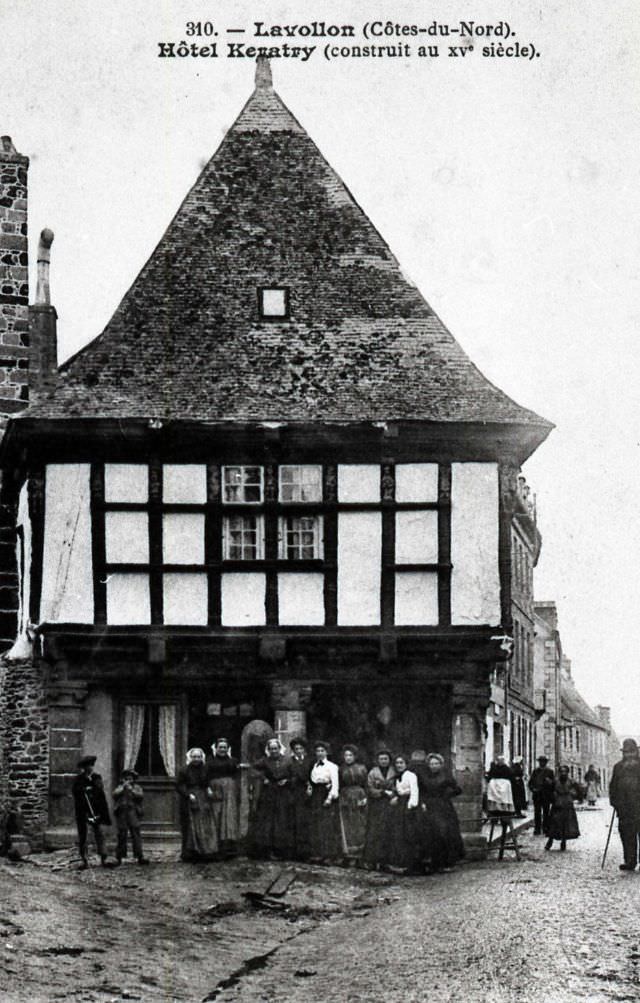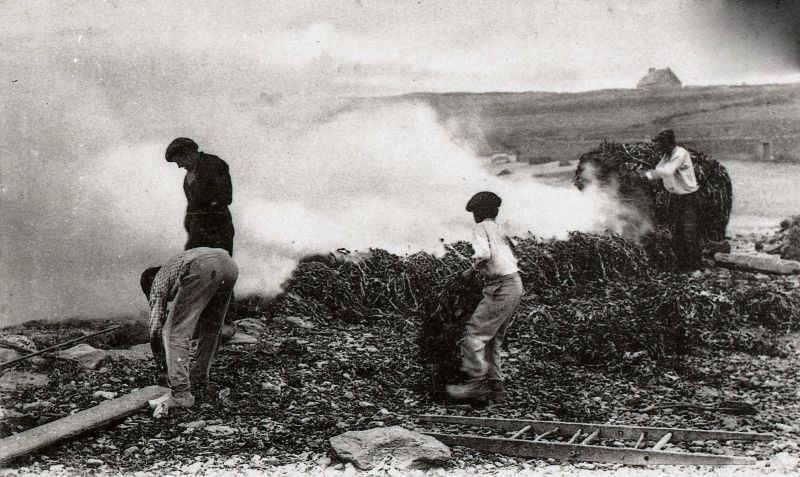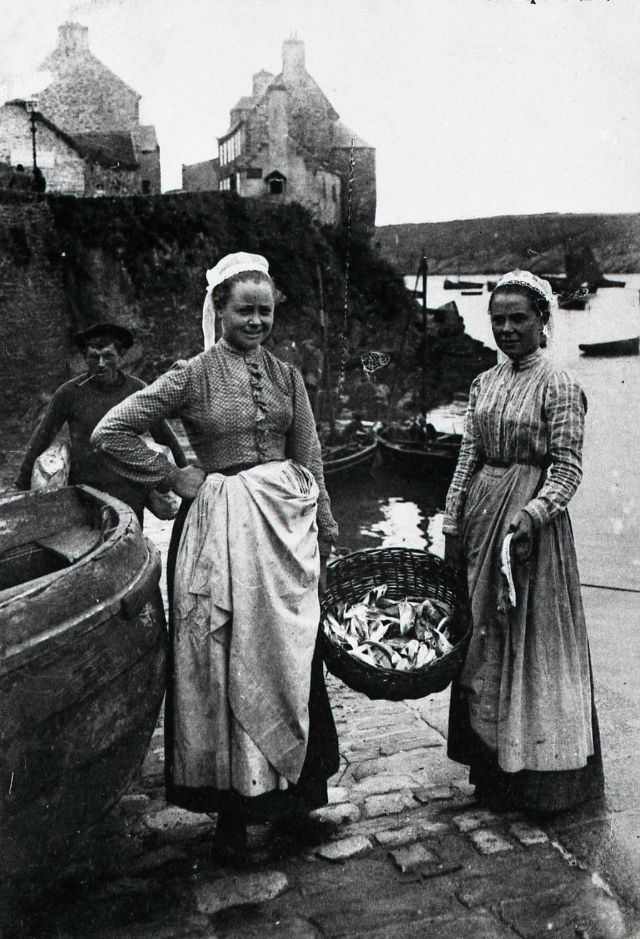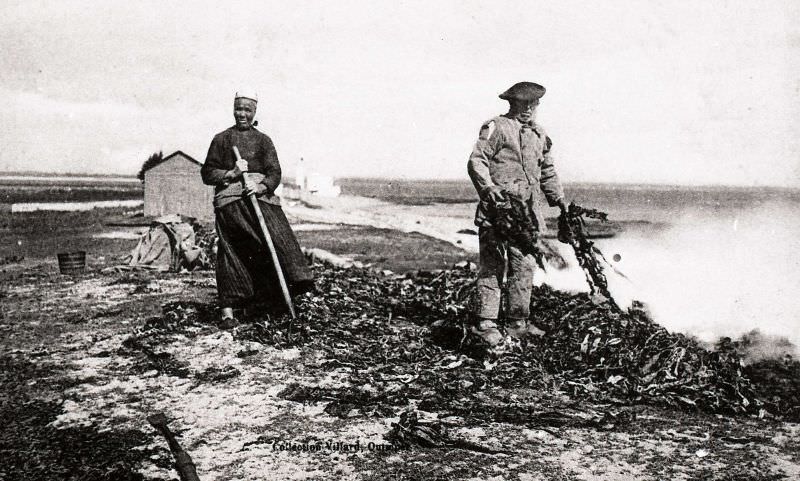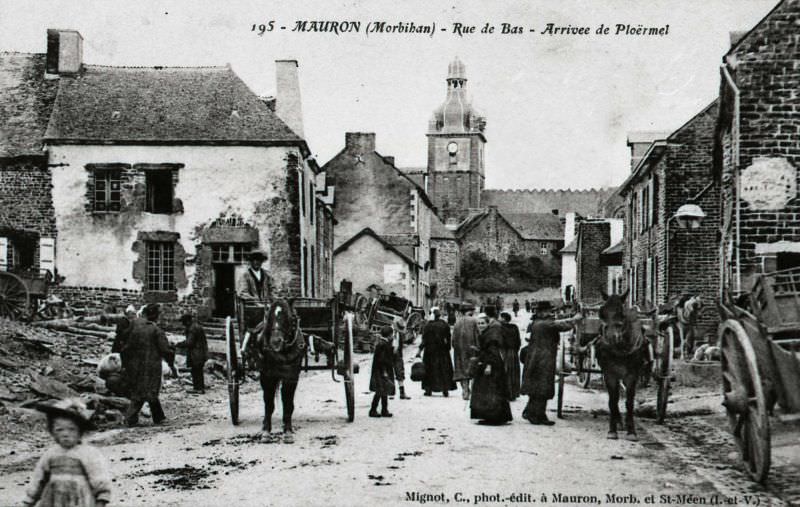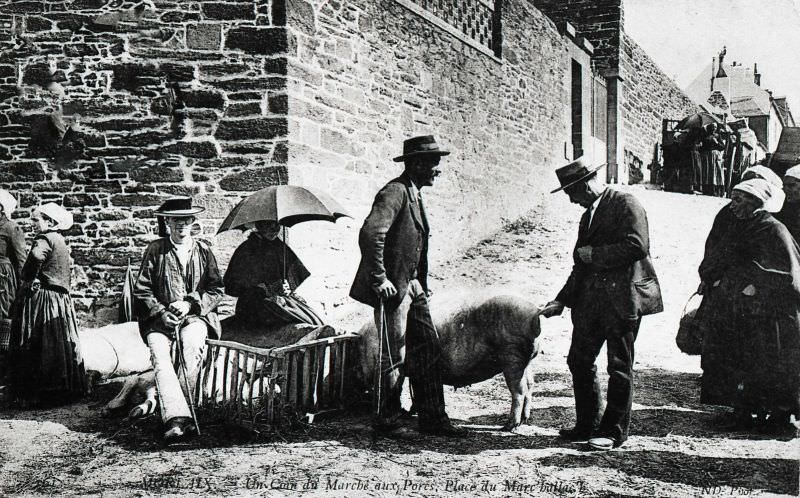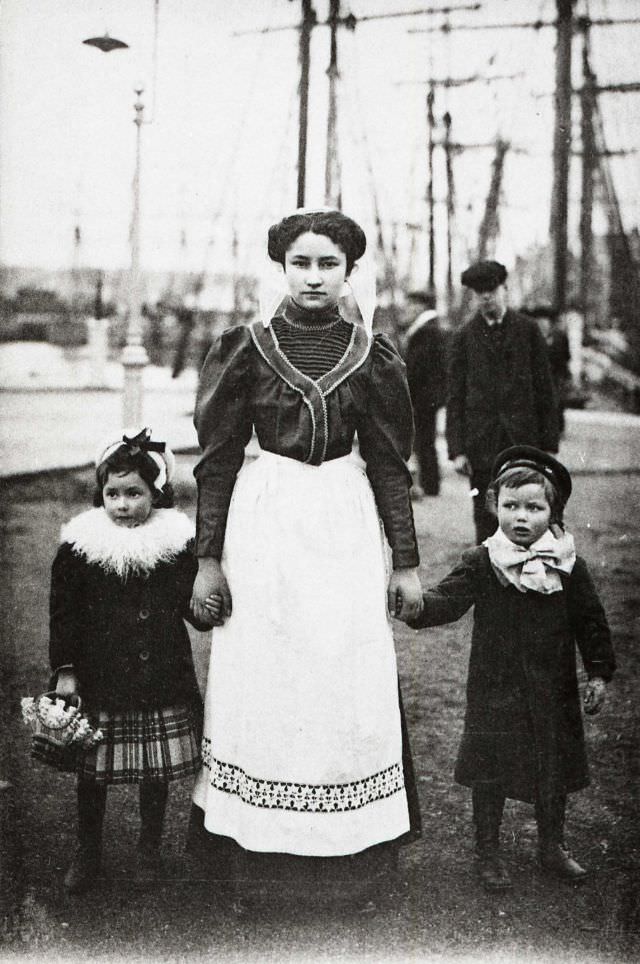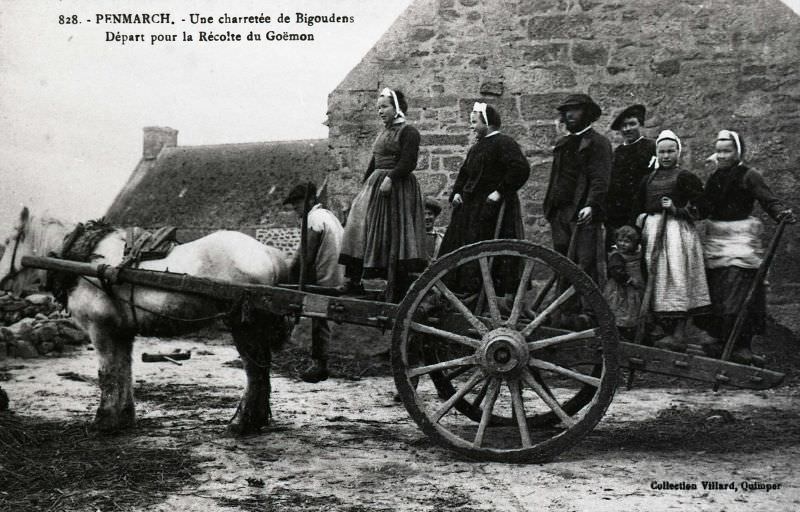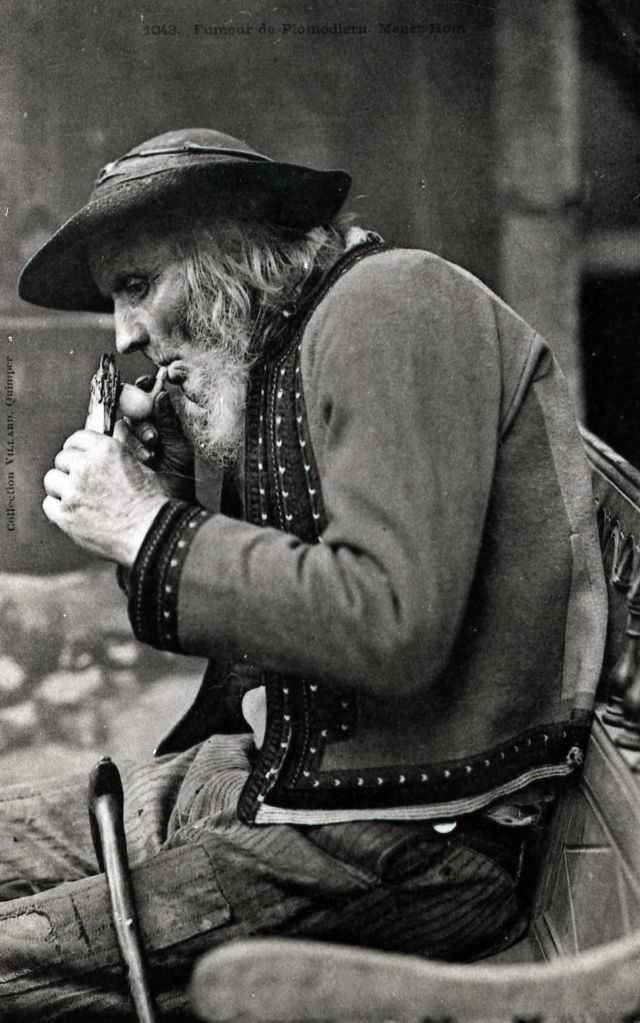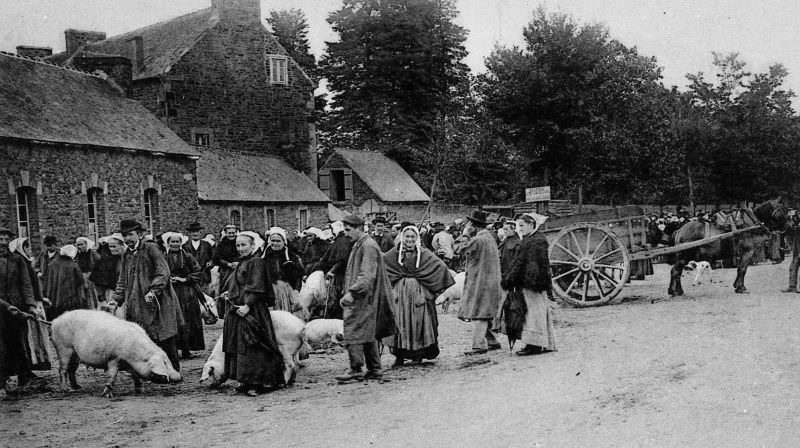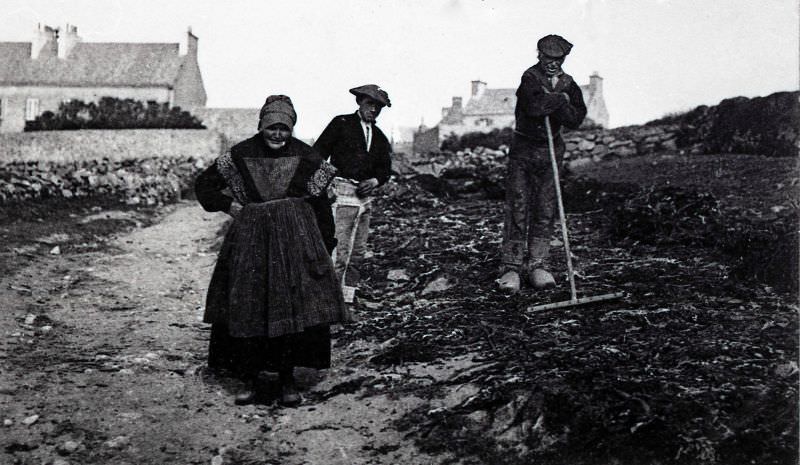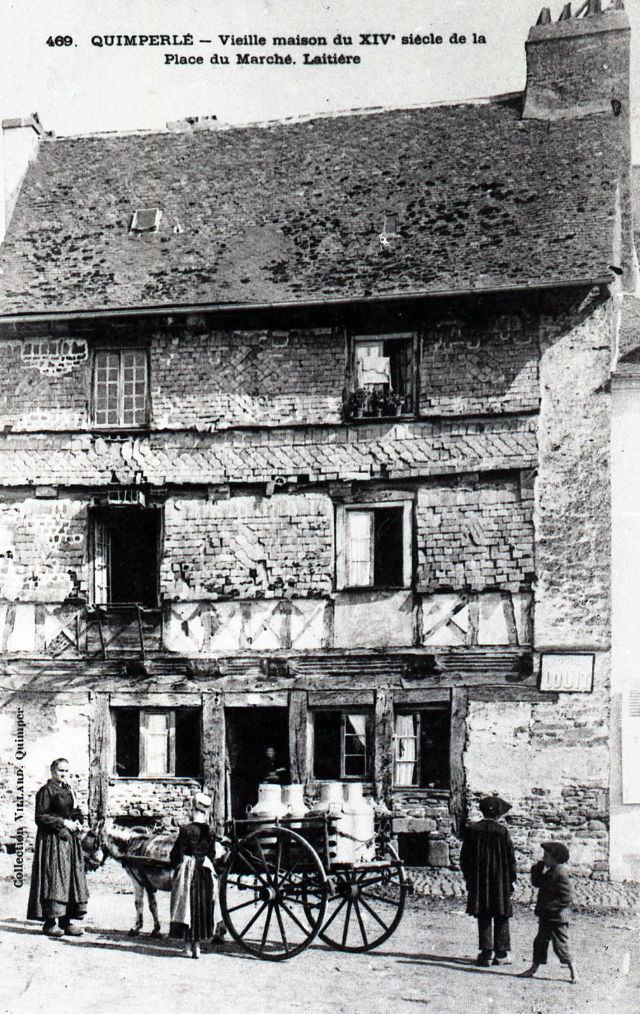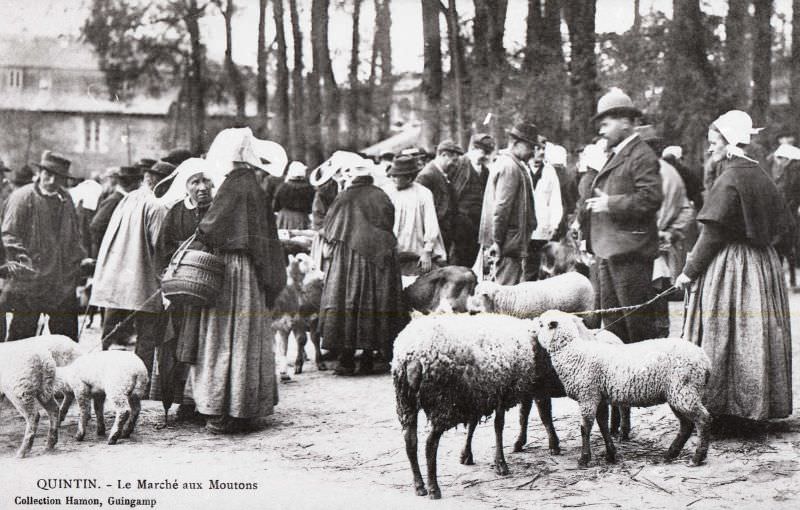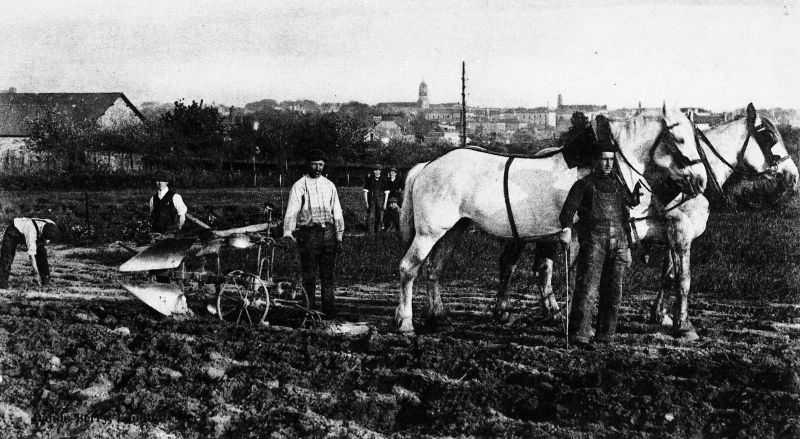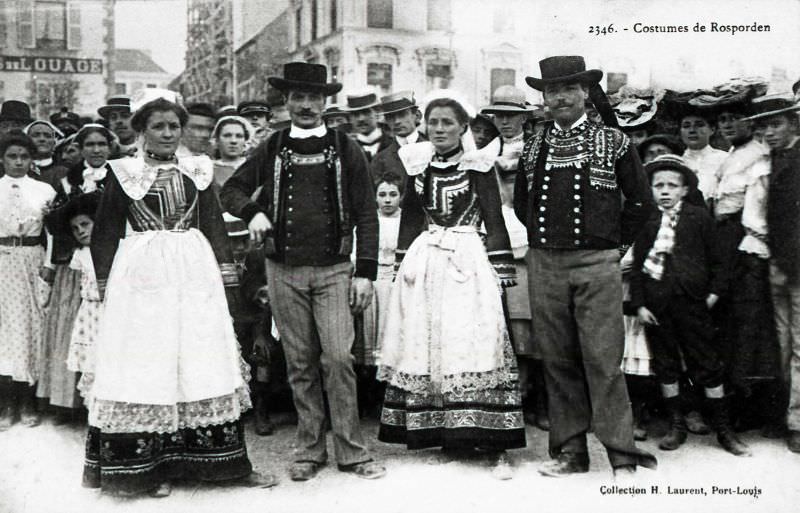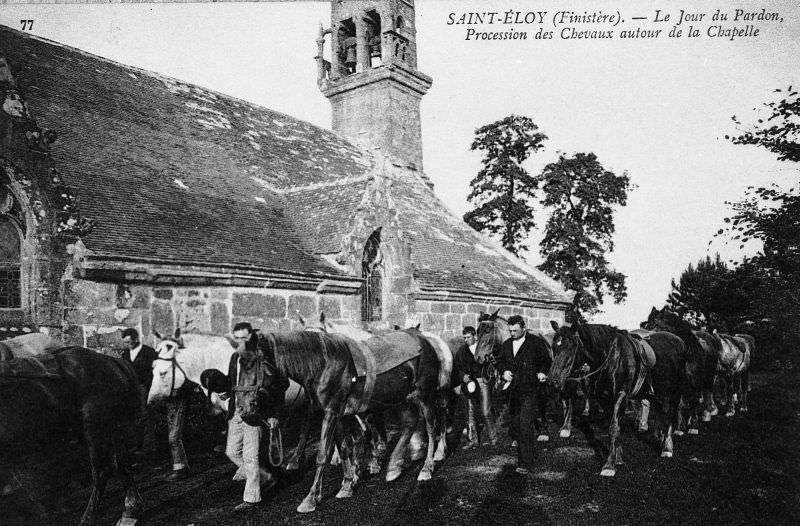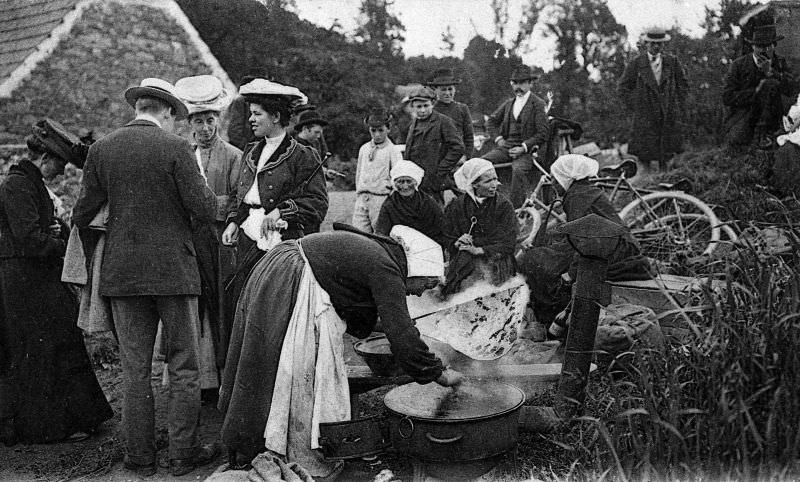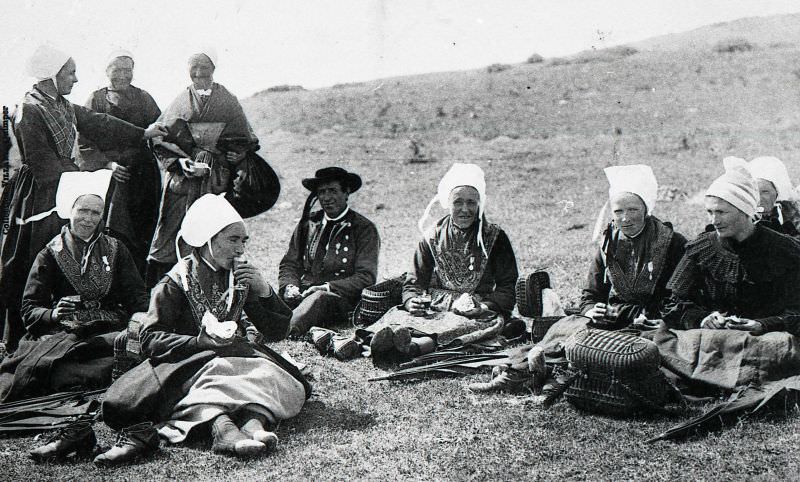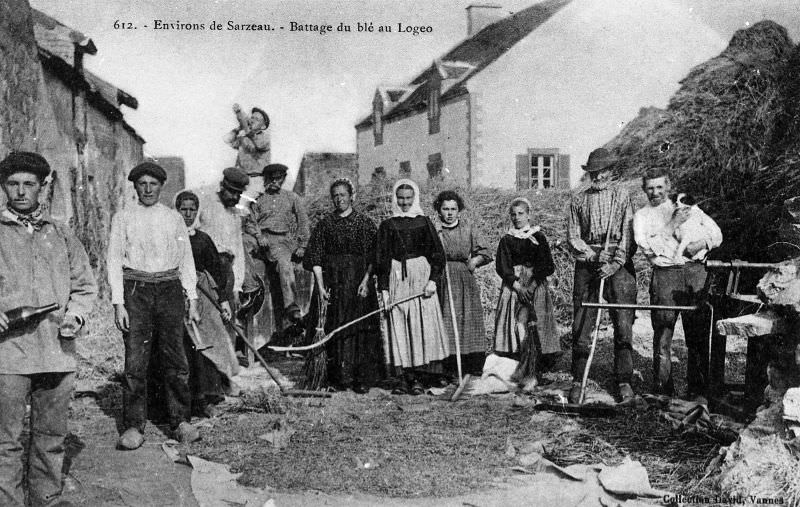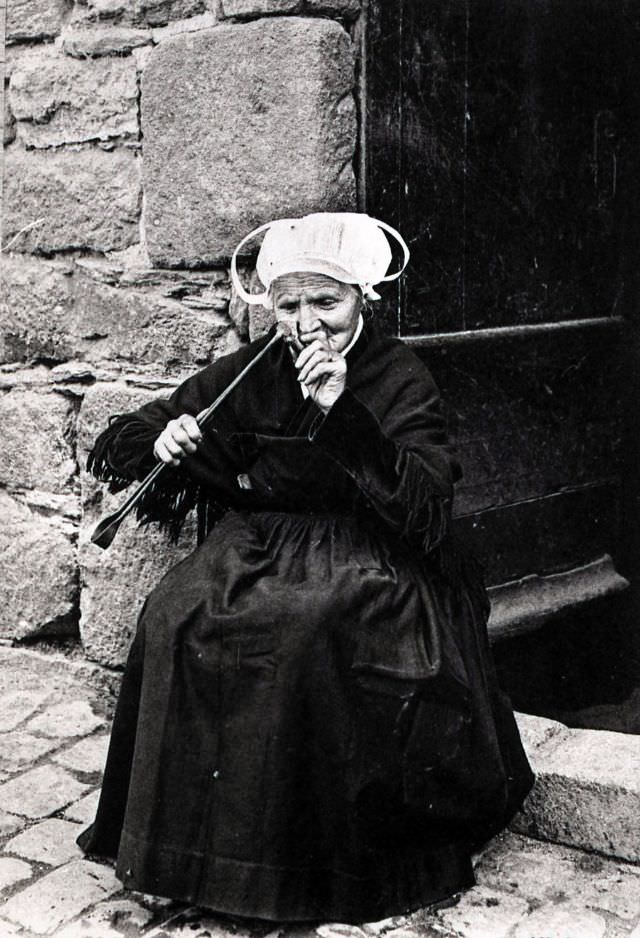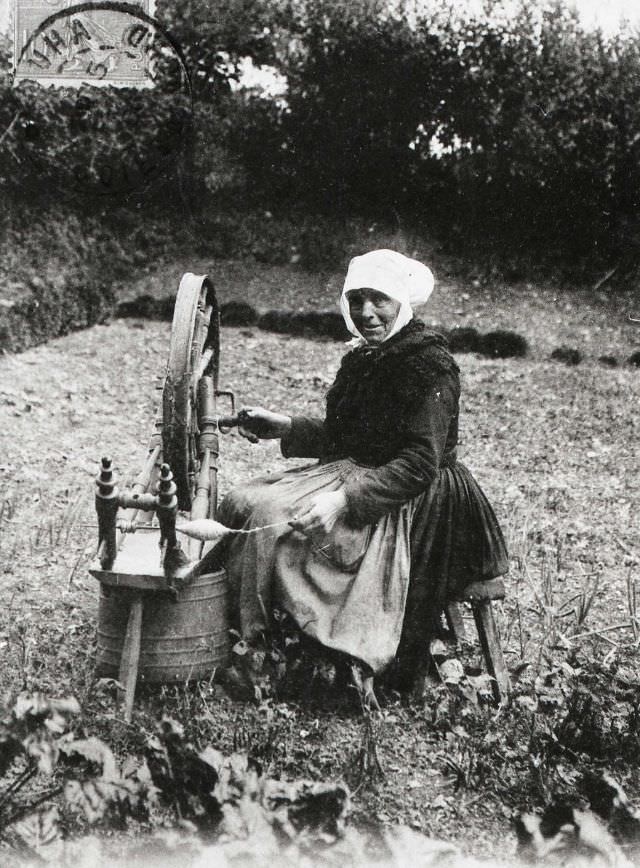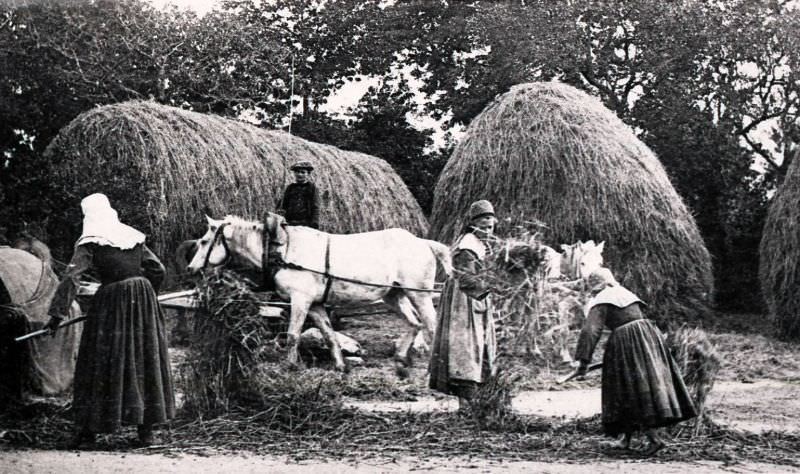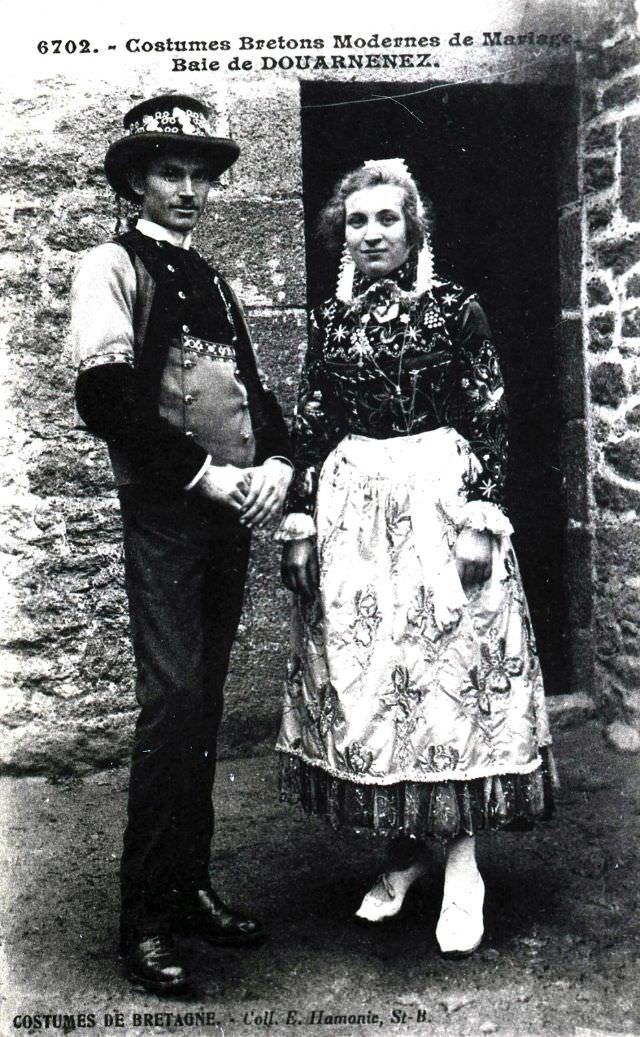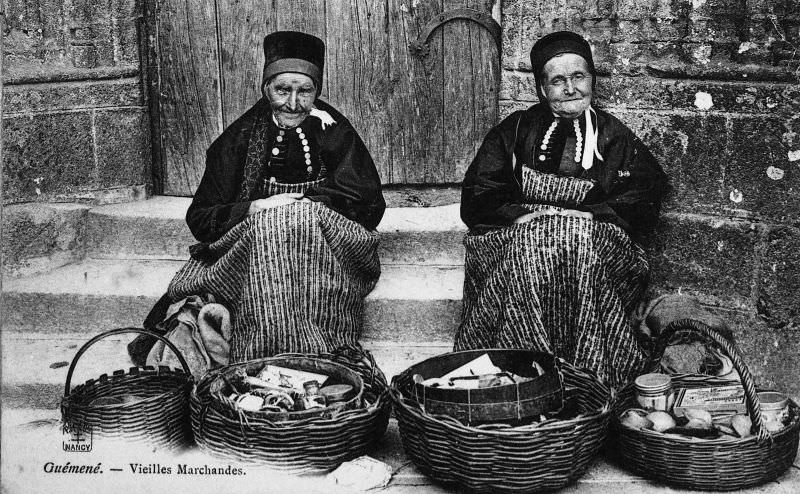In the early 20th century, Brittany, a picturesque region in northwestern France, presented a landscape steeped in tradition and rural charm. This period was a time of profound change, yet many aspects of traditional life remained deeply rooted in the countryside of Brittany.
Brittany’s countryside was renowned for its natural beauty. The region featured a rugged coastline, rolling hills, and dense forests. Its distinct geography included the Armorican Massif, a range of ancient hills, and the wild coastline along the Atlantic.
The terrain was primarily agricultural, with small farms dotted across the landscape. These farms were typically family-owned and operated, with a focus on subsistence farming. The land was often divided into small plots separated by hedgerows and stone walls.
Rural Life and Culture
Farming practices in early 1900s Brittany largely followed traditional methods. Farmers relied on manual labor and animal power, with limited use of modern machinery. Common crops included wheat, oats, and potatoes, while livestock such as cattle, pigs, and sheep were raised for dairy products, meat, and wool.
Along the coast, fishing was a vital part of the local economy. Brittany’s fishing villages were bustling with activity, with fishermen venturing into the Atlantic for catches like sardines, mackerel, and cod. The daily life of these communities revolved around the rhythm of the fishing seasons.
Cultural Richness
Breton, a Celtic language, was widely spoken in Brittany’s countryside, particularly in the western part. This period saw a strong sense of Breton identity, with the language and cultural practices being key components of regional pride.
Festivals, music, and dance played a central role in community life. Traditional Breton music, often accompanied by the distinct sound of the binioù (a type of bagpipe) and the bombarde (a reed instrument), was a staple at local gatherings and celebrations.
The early 1900s were not without challenges for the people of Brittany. Economic hardships were common, particularly in rural areas. Many families faced the difficulties of small-scale farming and the uncertainties of fishing. World War I had a profound impact on Brittany, as it did on the rest of France. Many men from the region were called to serve, leaving behind a gap in the workforce and contributing to changes in traditional roles in farming and community life.


